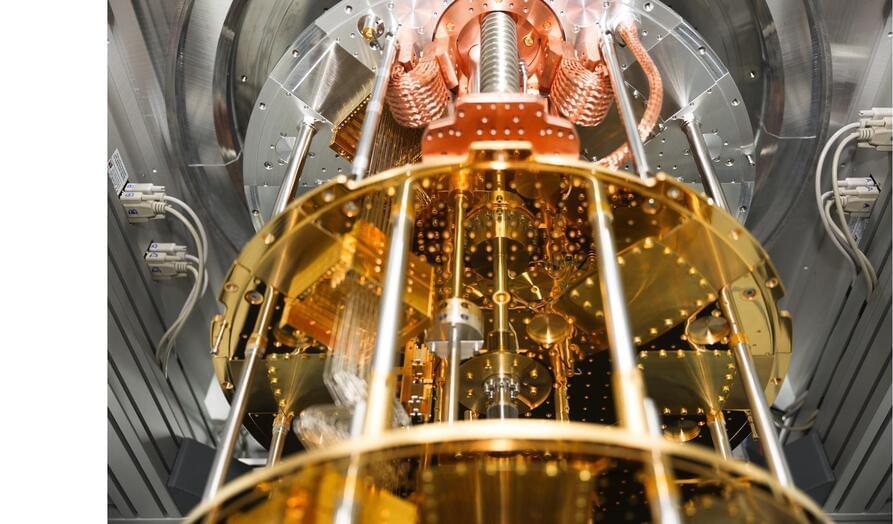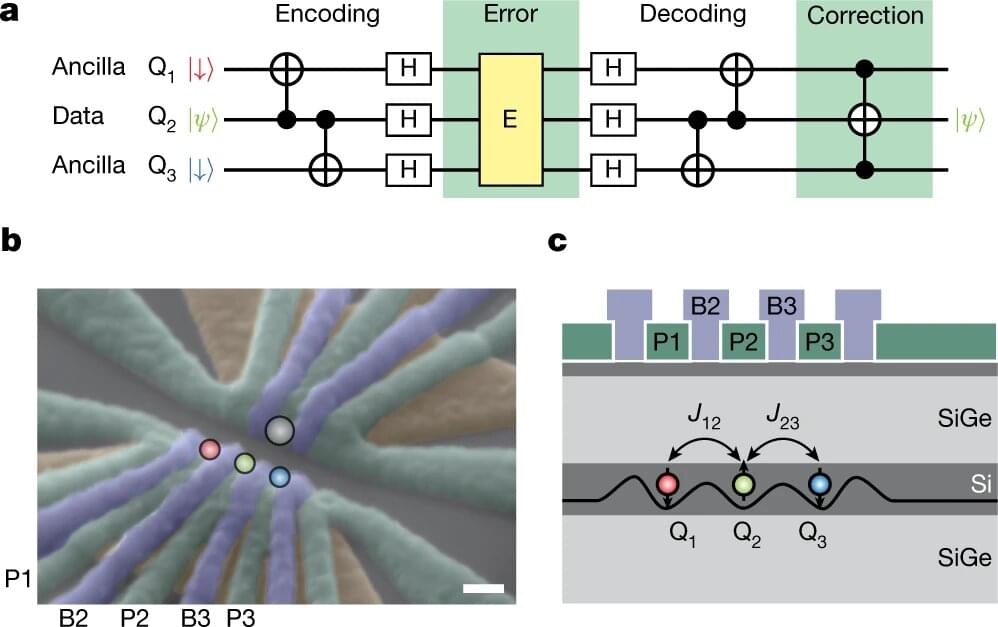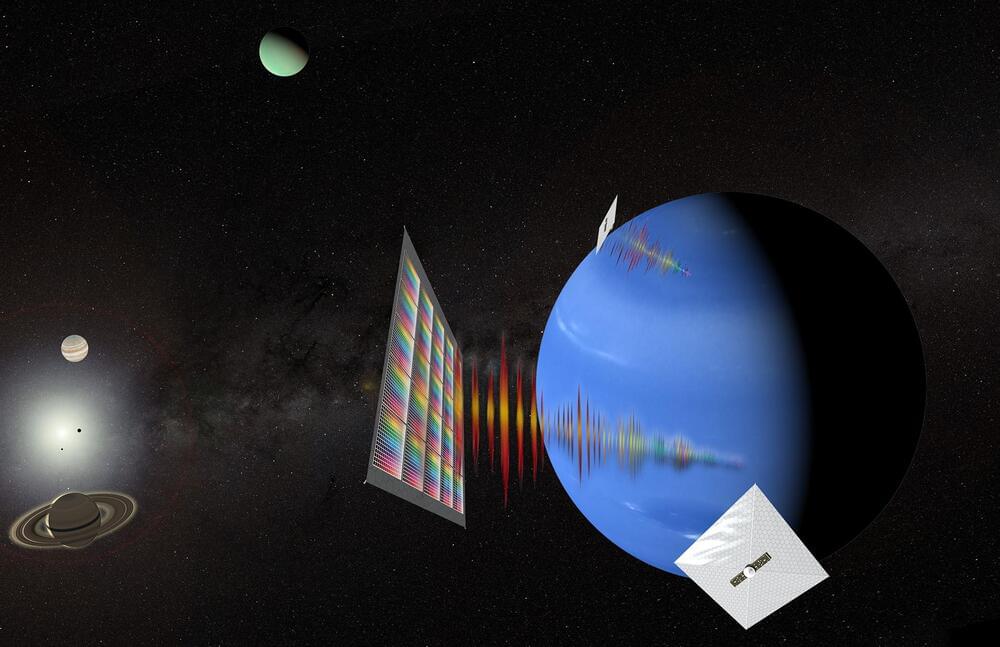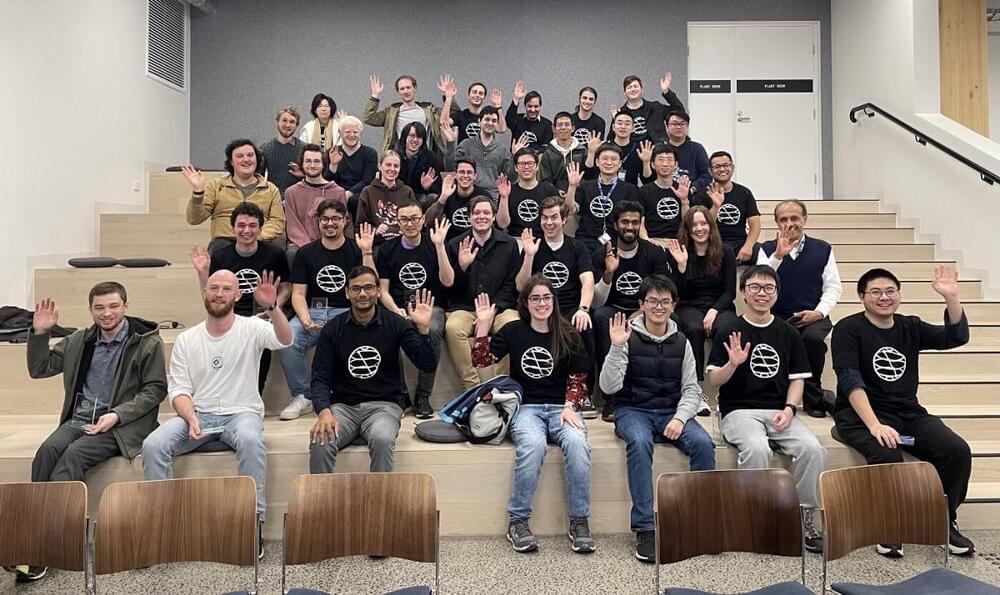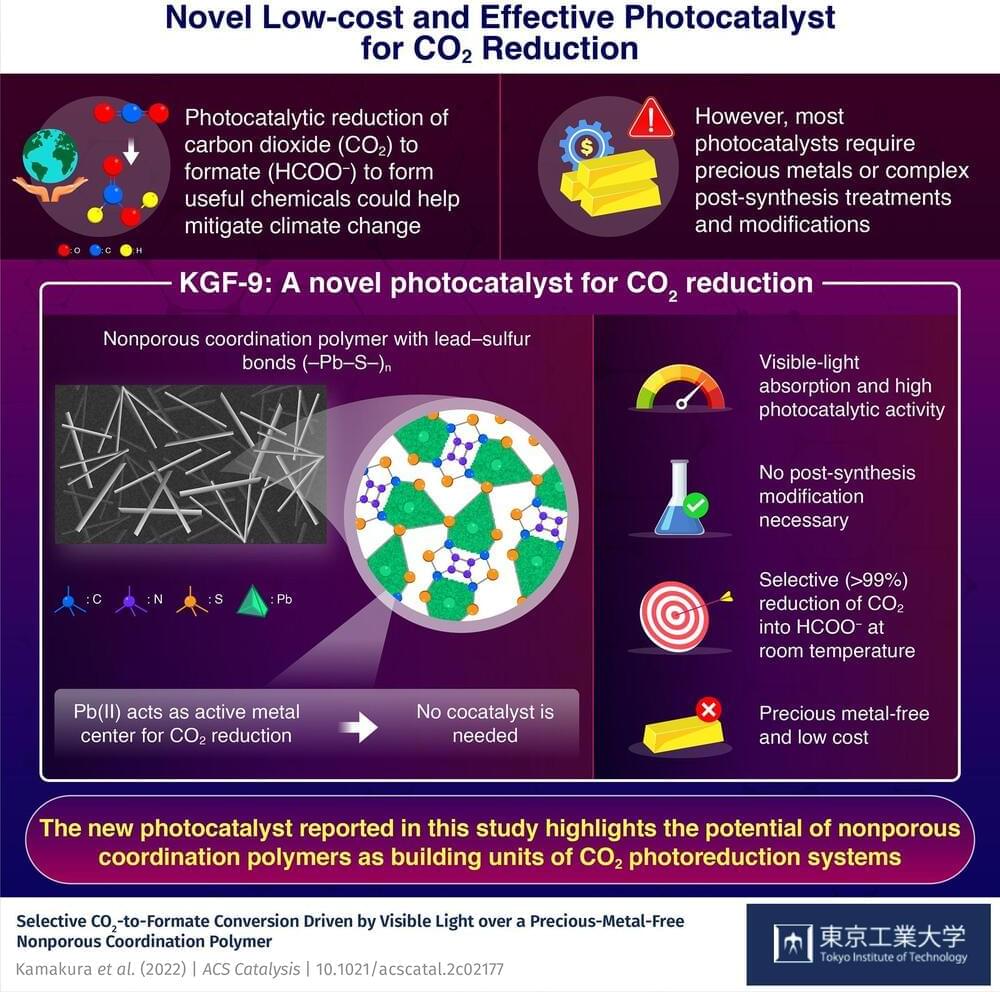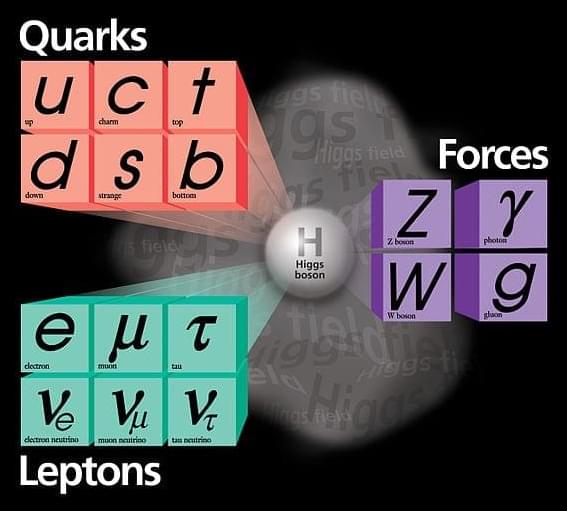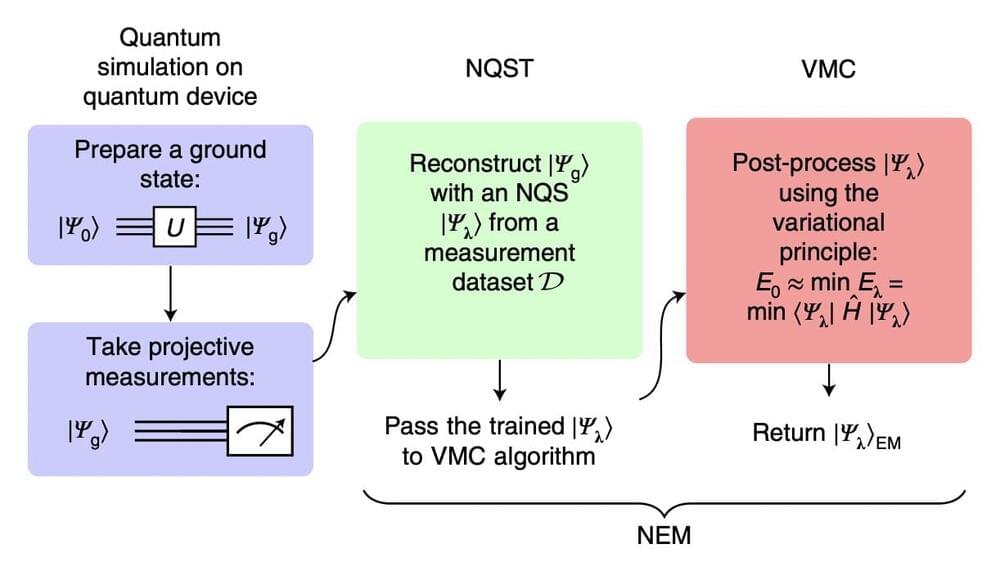“Everyone can quantum.”
Chinese multinational technology company Baidu just released its first quantum computer on Thursday. The first superconducting quantum computer, “Qian Shi” can integrate hardware, software, and many applications. Baidu also introduced the world’s first all-platform quantum hardware-software integration solution — Liang Xi — that provides access to various quantum chips via mobile app, PC, and cloud.
Qian Shi is expected to solve data that a standard computer cannot calculate and problems that cannot be solved. This development is also thought to be a breakthrough in artificial intelligence, computational biology, material simulation, and financial technology.
Qian Shi offers a stable and substantial quantum computing service to the public with high-fidelity 10 quantum bits (qubits) of power. Apart from Qian Shi, Baidu has recently developed the design of a 36-qubit superconducting quantum chip.
